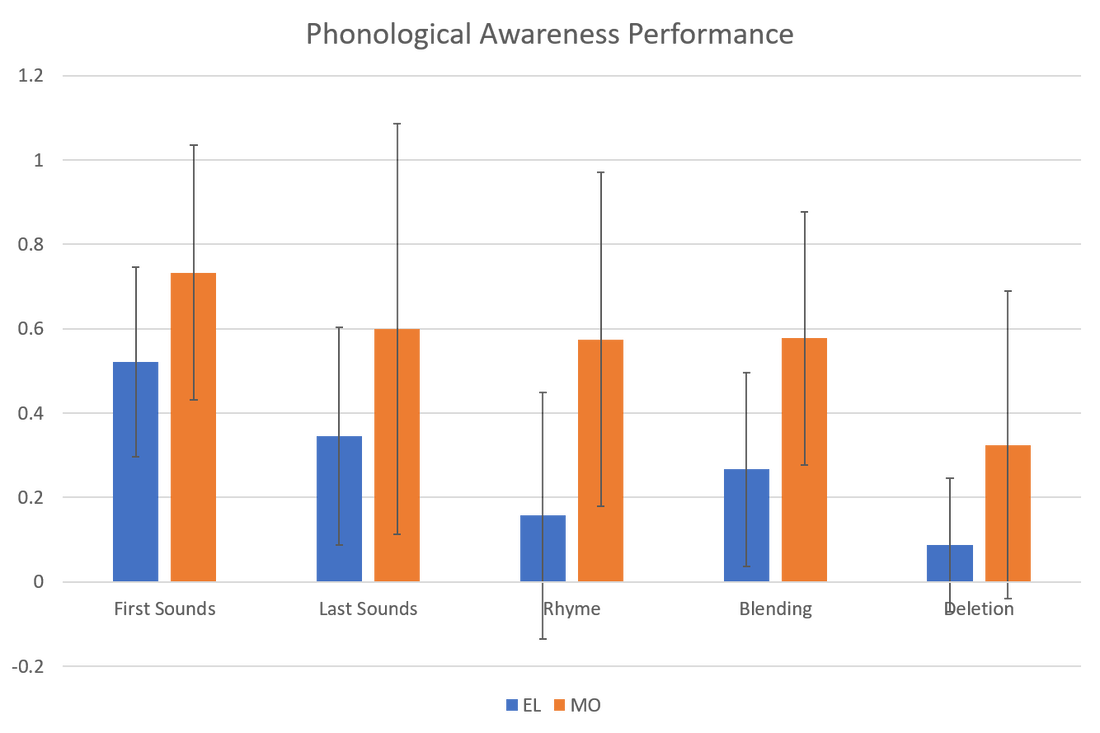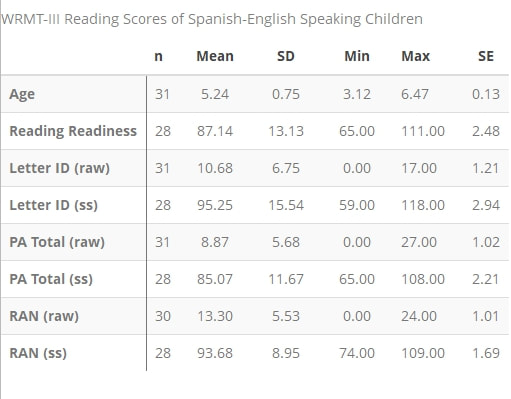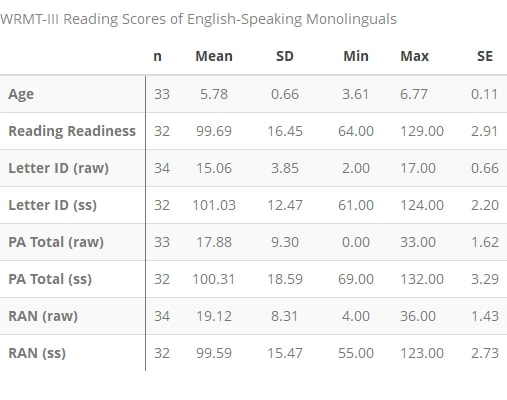Author Bio: Molly Morgan is an undergraduate student at the University of South Carolina. She is currently majoring in Public Health and minoring in Spanish and Applied Computing. After graduation, Molly plans to attend medical school.
|
Why I did this project: "I did this project because I am very interested in the work we do in the lab. I have always enjoyed learning about how people communicate with one another. I think our ability to communicate is an extremely important part of what makes us who we are. I also have an interest in the Spanish language and the many different culture of Spanish-speaking individuals. It is important to me that we understand and appreciate the differences in people and how they affect our ability to learn. Accurate assessments are vital to early interventions for children who need them. These early interventions are important for academic achievement and thus later life outcomes. This research will maximize the ability of educators and healthcare providers to assess and aid a child with a communication disorder. As a public health student, I believe that education is a valuable factor in quality of life."
|
Differences in Phonological Awareness Between Spanish-English Speakers and Monolinguals

Overall, the Spanish-English speakers (blue) performed lower on all the phonological awareness tasks. Notably, both the monolinguals (orange) and the Spanish-English speakers exhibited lots of variability in their performance.
The biggest gap was observed in rhyme performance. This is important to note because rhyming is not as common in some Spanish-speaking cultures as it is in English-based U.S. preschool and elementary schools.






